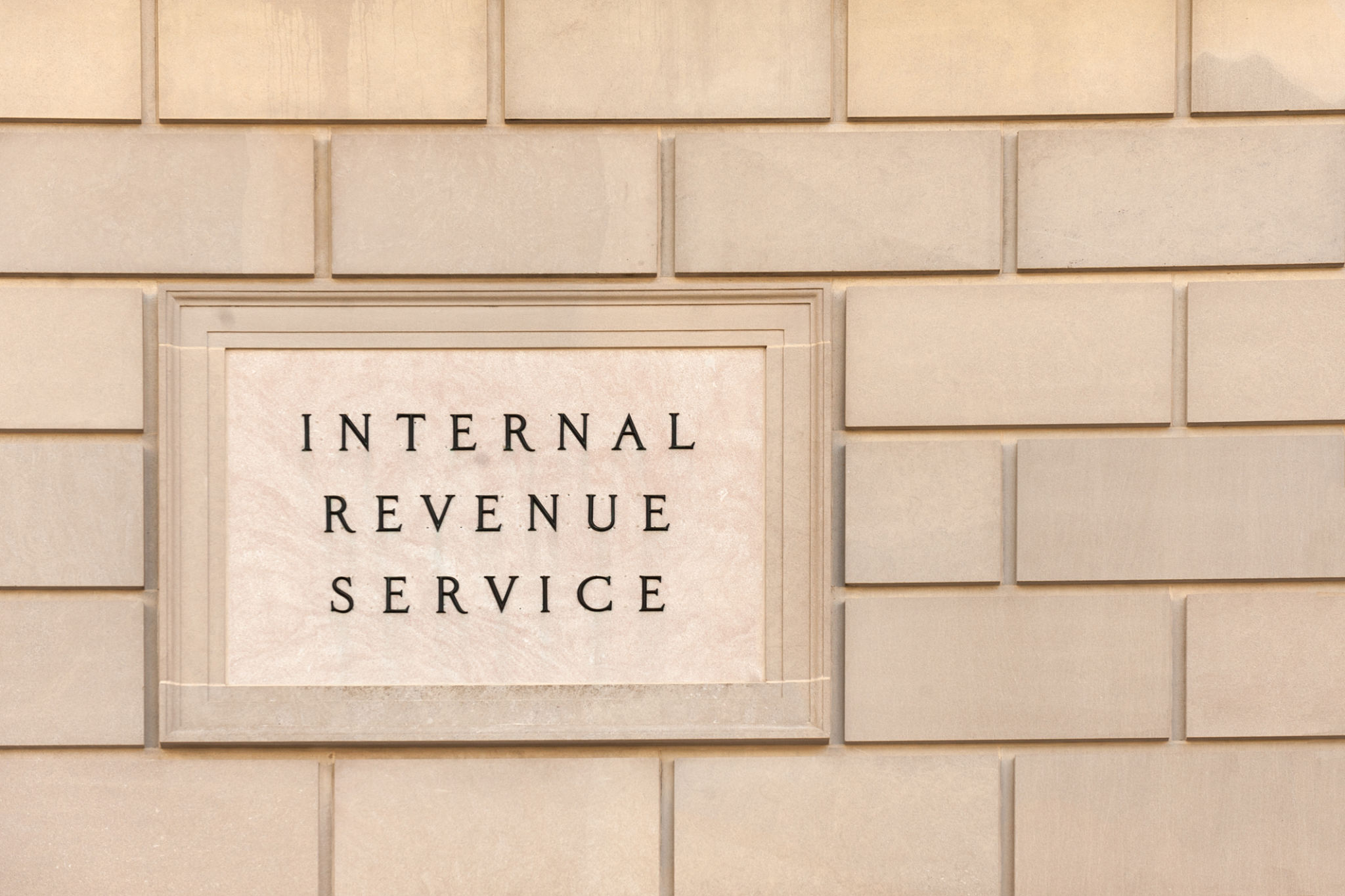Debunking Myths About IRS Tax Debt Resolution
Understanding IRS Tax Debt Resolution
When it comes to resolving IRS tax debt, there are numerous misconceptions that can lead to unnecessary stress and confusion. It's crucial to separate fact from fiction to navigate this complex process effectively. Understanding the realities of tax debt resolution can help you make informed decisions and avoid potential pitfalls.

Myth 1: The IRS Will Seize Everything You Own
One of the most common myths is that the IRS will take everything you own if you owe back taxes. While the IRS does have the authority to levy assets, it is typically a last resort. The agency prefers to work with taxpayers to establish a resolution plan. The IRS offers several programs designed to help taxpayers settle their debts without losing their assets.
For example, an Installment Agreement allows taxpayers to pay off their debt in manageable monthly payments. This option ensures that individuals can settle their debts without significant disruption to their financial stability.
Myth 2: Bankruptcy Can Solve All Tax Problems
Another prevalent misconception is that filing for bankruptcy will automatically eliminate IRS tax debt. In reality, while certain types of tax debt may be discharged in bankruptcy, there are specific requirements that must be met. Generally, only income tax debt that is at least three years old can be considered for discharge under Chapter 7 bankruptcy.

Moreover, the process is complex, and not all tax debts are eligible. It is essential to consult with a qualified tax professional or an attorney specializing in bankruptcy to explore all available options and understand the potential consequences.
Myth 3: Ignoring Tax Debt Will Make It Go Away
Some individuals believe that ignoring their tax debt will eventually result in it disappearing. Unfortunately, this approach can lead to more severe consequences. The IRS has a comprehensive system for tracking delinquent taxpayers and will take action to collect the owed amounts, including imposing penalties and interest.

It's crucial to be proactive in addressing tax debt. By contacting the IRS and exploring resolution options, taxpayers can avoid further financial strain and protect their credit scores from damage.
Myth 4: Professional Help Is Unnecessary
Many assume that they can handle their IRS tax debt issues independently, but this often leads to costly mistakes. Professional tax resolution specialists have the expertise and experience needed to navigate complex IRS procedures and negotiate favorable terms for taxpayers.
Hiring a professional can provide peace of mind, ensuring that all paperwork is correctly filed and deadlines met. They can also represent you in communications with the IRS, relieving you of the stress and anxiety often associated with these interactions.
The Importance of Addressing Tax Debt Responsibly
Debunking these myths highlights the importance of addressing IRS tax debt responsibly. By understanding the reality of tax debt resolution, taxpayers can take proactive steps toward resolving their issues efficiently and effectively. Seeking professional guidance when necessary and staying informed about available options are critical components of achieving financial stability.
